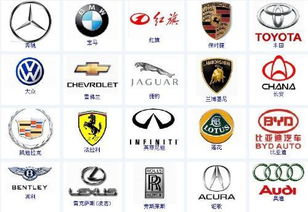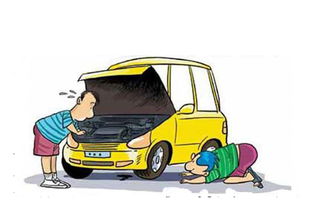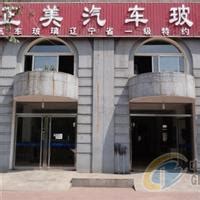北京80汽车参数配置
Exploring Beijing's 80 Automobiles: An Insight into China's Automotive Industry
In the realm of automobiles, Beijing holds a significant place in China's automotive landscape. The mention of "Beijing 80 automobiles" likely refers to a historical context, possibly related to Beijing's automotive industry in the 1980s. Let's delve into this topic to understand its significance and implications.
1. Context:
The 1980s marked a crucial period for China's automotive industry. Following the economic reforms initiated by Deng Xiaoping in the late 1970s, China began opening up to foreign investment and technology. This period witnessed the emergence of several domestic automobile manufacturers, including those based in Beijing.
2. Beijing Automotive Industry:
Beijing has been a hub for automotive manufacturing since the mid20th century. In the 1980s, stateowned enterprises dominated the automotive sector, with notable players like Beijing Automobile Works (BAW) and Beijing Jeep Corporation (a joint venture with American Motors Corporation).
3. Beijing 80 Automobiles:
The term "Beijing 80 automobiles" likely refers to vehicles produced or popularized in Beijing during the 1980s. These vehicles would have reflected the automotive trends and technological advancements of that era.
4. Notable Models:
BJ212:
Produced by Beijing Automobile Works, the BJ212 was a rugged offroad vehicle often compared to the famous Jeep CJ series. It served various military and civilian purposes and gained popularity both domestically and internationally.
Jeep Cherokee (BJ740):
The Beijing Jeep Corporation produced the BJ740, a locally manufactured version of the Jeep Cherokee. It became a symbol of China's automotive industry opening up to foreign collaborations.5. Impact and Legacy:
Technological Exchange:
Collaborations with foreign automakers, such as American Motors Corporation, facilitated technology transfer and knowledge exchange, contributing to the development of China's automotive capabilities.
Domestic Market Growth:
The production of domestically manufactured vehicles like the BJ212 and BJ740 helped meet the growing demand for automobiles within China, laying the foundation for the country's automotive market expansion in subsequent decades.
Cultural Significance:
These vehicles hold cultural significance, symbolizing China's industrialization efforts and the spirit of innovation and adaptation during a period of economic transformation.6. Evolution of Beijing's Automotive Industry:
Since the 1980s, Beijing's automotive industry has undergone significant evolution:
Market Liberalization:
China's accession to the World Trade Organization (WTO) in 2001 led to further opening up of the automotive sector, encouraging foreign investments and partnerships.
Technological Advancements:
Beijing has embraced advancements in electric vehicles (EVs) and autonomous driving technologies, with companies like BYD, BAIC, and NIO leading the charge in innovation.
Global Ambitions:
Beijingbased automakers are increasingly aiming for global expansion, seeking to compete not only domestically but also in international markets.
7. Future Directions:
Electric and Smart Mobility:
With a focus on sustainability and technological innovation, Beijing's automotive industry is poised to lead in the development of electric and smart mobility solutions.
International Collaboration:
Continued collaboration with international partners and adoption of best practices will be crucial for Beijingbased automakers to remain competitive in the global arena.
Policy Support:
Government policies promoting green energy and innovation will play a pivotal role in shaping the future trajectory of Beijing's automotive industry.In conclusion, the mention of "Beijing 80 automobiles" invokes a nostalgic reflection on China's automotive journey, particularly during the transformative 1980s. These vehicles represent not just modes of transportation but also symbols of China's industrial progress and global integration. As Beijing's automotive industry continues to evolve, embracing new technologies and market dynamics, its legacy as a driving force in China's economic development remains indelible.











